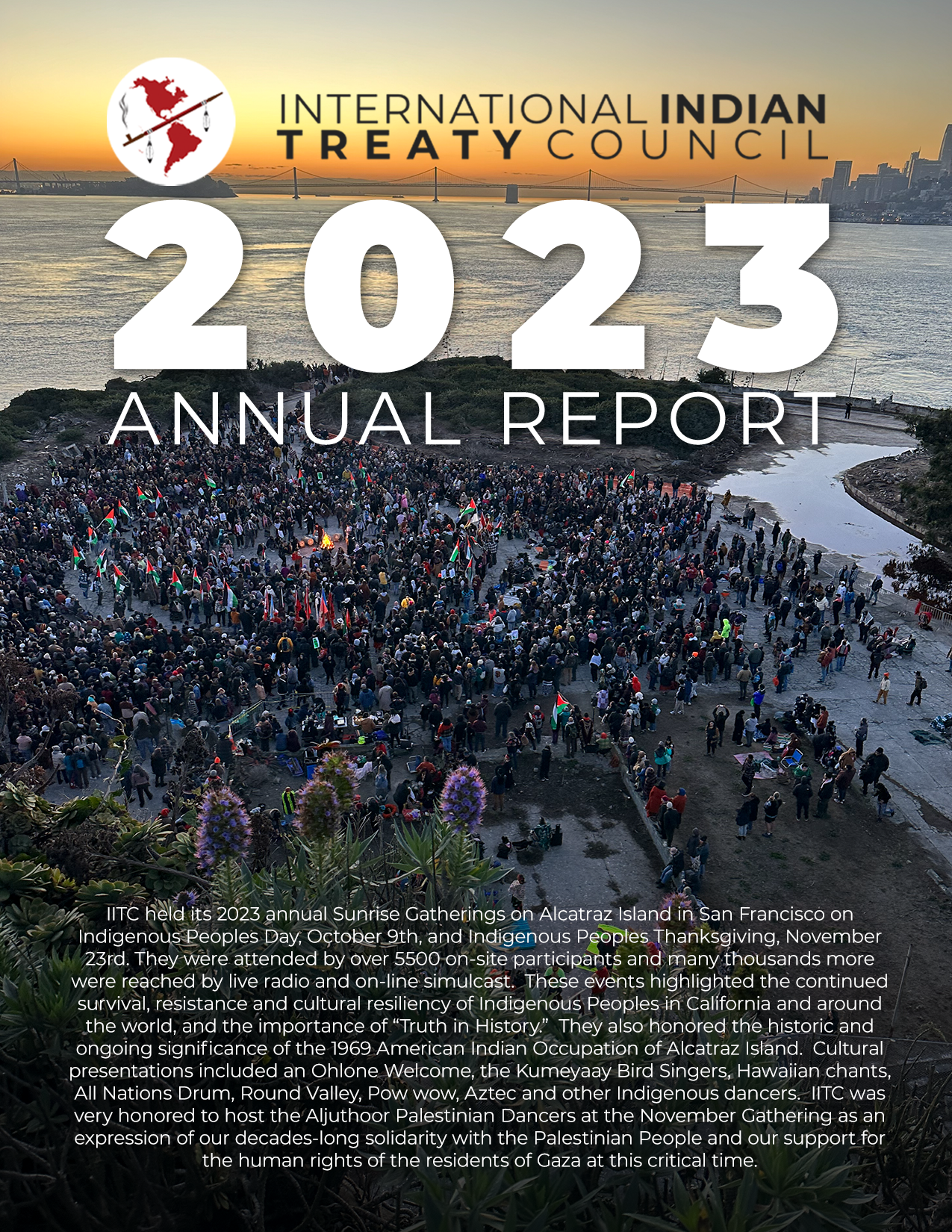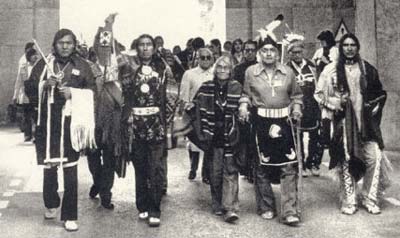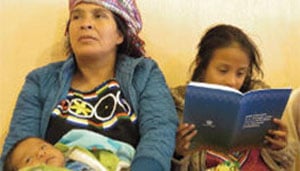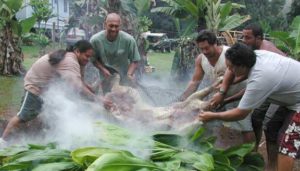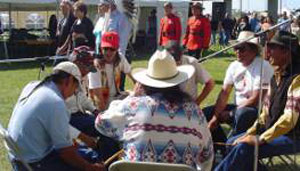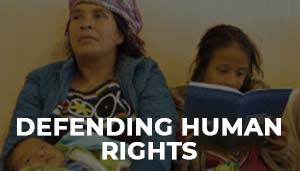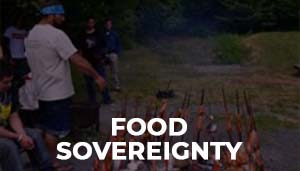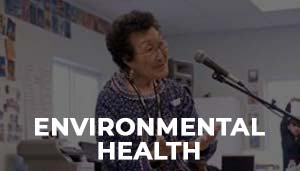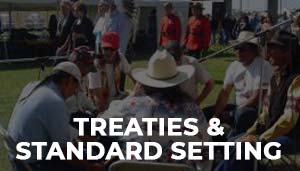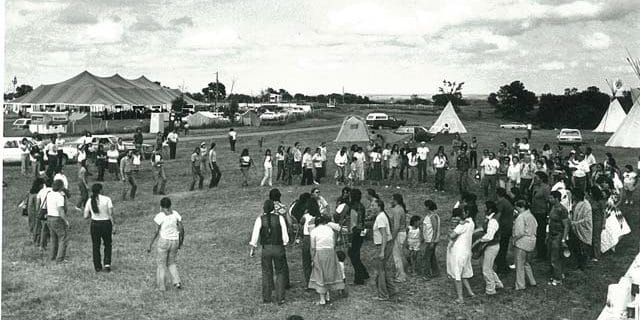Annual report of the Secretary-General on “Cooperation with the United Nations, its representatives and mechanisms in the field of human rights”
Deadline – 1 May 2020 on either thematic trends and patterns or individual cases*
Reporting period – 1 June 2019 – 30 April 2020
Contact for submissions – [email protected]
More information and past reports –
OHCHR reprisals webpage: https://www.ohchr.org/EN/Issues/Reprisals/Pages/ReprisalsIndex.aspx
Guidelines for submission of Cases
The annual report of the Secretary-General summarizes main trends and contains a selection of cases brought to the attention of the UN, with the decision to include cases made on the basis of the principles of do no harm and informed consent. We would welcome contributions on either thematic trends and patterns or individual cases since 1 June 2019 through [email protected].
Before submitting your case information, please ensure that:
- There is a direct link between the reported incident and the cooperation with the UN, and that the case falls within the scope of Human Rights Council resolution 12/2, namely reprisals or intimidation against those who:
- Seek to cooperate or have cooperated with the United Nations, its representatives and mechanisms in the field of human rights, or who have provided testimony or information to them;
- Avail or have availed themselves of procedures established under the auspices of the United Nations for the protection of human rights and fundamental freedoms, and all those who have provided legal or other assistance to them for this purpose;
- Submit or have submitted communications under procedures established by human rights instruments, and all those who have provided legal or other assistance to them for this purpose;
- Are relatives of victims of human rights violations or of those who have provided legal or other assistance to victims;
*Refer also to Human Rights Council resolutions 36/21 and 42/28
- Consent has been obtained from the alleged victim or his/her family to share the informationand this is clearly indicated in your email, meaning: 1) the victim or his/her family has been informed and has understood the possible security risks and 2) the victim or his/her family has agreed to have his/her case included in the UN reprisals report (NOTE: case information may also be shared with OHCHR confidentially and for information only, and therefore will not be included in any report. Please indicate this clearly on your submission);
Please also note, where relevant:
- Whether the alleged act of intimidation or reprisal has been referred to in any official UN publication (UN report, press release, public statement, video of UN conference etc.) and, if so, the reference to this publication, including document symbol number where relevant, is provided.
- If you are aware of any Government response to an action taken on a case – whether in writing, public statement, or in a meeting.
- If a case has already been submitted to the Assistant Secretary-General for Human Rights, following the designation in October 2016 of a UN senior level official to prevent and address intimidation and reprisals (whether for information only or whether requesting action).
- Note: all letters written by the Assistant Secretary-General to concerned Governments remain confidential, but the action taken may be mentioned in the report, as well as potentially any written response from the Government.
- Information that helps OHCHR disaggregate data in the compilation of the report, such as gender, sex, ethnic group including indigenous peoples/minorities, or age.
- Whether the information being submitted entails follow-up/updates/developments to an ongoing case or a case that was reflected in a previous report.
- As the report includes a specific section on follow up, information in relation to cases included in the 2019 (A/HRC/42/30), 2018 (A/HRC/39/41) and 2017 (A/HRC/36/31) reports is particularly welcome. This information could for instance concern continued acts of reprisal or indicate measures that have been taken by the relevant State to investigate or prevent future reprisals from occurring. Please note that also for follow-up information the requirements mentioned above must be adhered to.
Guidelines for submission of general trends and thematic issues
You may also consider submitting analysis, observations and input to the report on the following:
- Patterns and trends during the reporting period, including any changes observed from previous years (e.g. increase or decrease of cases recorded in a specific community or measures taken against a specific group). A summary of trends in a specific country or region can be submitted in addition to case information.
- Thematic observations – in relation to, for example:
- gender-related intimidation and reprisals and the specific experiences of women and LGBTI persons, such as gender-based harassment, dissemination of false information with misogynistic content, and threats or acts of sexual violence
- targeting of youth activists, students or other young people facing specific risks
- retaliation specific to the peacekeeping context and that which concerns the protection of civilians
- intimidation and reprisals specific to the context of development, including for example complaints where international accountability mechanisms are involved (e.g. the World Bank and the IMF, as both institutions are considered part of the UN family). This may include, for example, projects related to agribusiness, extractive industries, and large-scale energy initiatives
- intimidation and reprisals related to UN international criminal legal procedures, including for example cases and examinations that are part of UN bodies and UN regional/country tribunals (pertaining to reprisals against victims, legal representatives, witnesses, etc.)
- situations with a humanitarian context where intimidation and reprisals are affecting the distribution of aid or service delivery by the UN, or more generally the fulfillment of the human rights of affected persons or communities who are cooperating with the UN (for example, their rights to education, health, access to water and sanitation)
- specific targeting of government departments, civil society organizations or individuals that have cooperated with the UN, including those facing administrative and legal repercussions for their actions – e.g. budget cuts, selectively applied laws or regulations, or measures undermining their legal legitimacy or ability to acquire and maintain funding to survive (Note: country specific input may overlap with submission of specific cases)
- contexts or specific acts of intimidation inhibiting individuals or groups from engaging with the UN due to fear of further harm, possibly leading to self-censorship
Source: https://www.ohchr.org/EN/Issues/Reprisals/Pages/Call-for-submissions-to-annual-SG-report.aspx
Compartir esta publicación
UN: Call for submissions on intimidation and reprisals
Annual report of the Secretary-General on “Cooperation with the United Nations, its representatives and mechanisms in the field of human rights”
Deadline – 1 May 2020 on either thematic trends and patterns or individual cases*
Reporting period – 1 June 2019 – 30 April 2020
Contact for submissions – [email protected]
More information and past reports –
OHCHR reprisals webpage: https://www.ohchr.org/EN/Issues/Reprisals/Pages/ReprisalsIndex.aspx
Guidelines for submission of Cases
The annual report of the Secretary-General summarizes main trends and contains a selection of cases brought to the attention of the UN, with the decision to include cases made on the basis of the principles of do no harm and informed consent. We would welcome contributions on either thematic trends and patterns or individual cases since 1 June 2019 through [email protected].
Before submitting your case information, please ensure that:
- There is a direct link between the reported incident and the cooperation with the UN, and that the case falls within the scope of Human Rights Council resolution 12/2, namely reprisals or intimidation against those who:
- Seek to cooperate or have cooperated with the United Nations, its representatives and mechanisms in the field of human rights, or who have provided testimony or information to them;
- Avail or have availed themselves of procedures established under the auspices of the United Nations for the protection of human rights and fundamental freedoms, and all those who have provided legal or other assistance to them for this purpose;
- Submit or have submitted communications under procedures established by human rights instruments, and all those who have provided legal or other assistance to them for this purpose;
- Are relatives of victims of human rights violations or of those who have provided legal or other assistance to victims;
*Refer also to Human Rights Council resolutions 36/21 and 42/28
- Consent has been obtained from the alleged victim or his/her family to share the informationand this is clearly indicated in your email, meaning: 1) the victim or his/her family has been informed and has understood the possible security risks and 2) the victim or his/her family has agreed to have his/her case included in the UN reprisals report (NOTE: case information may also be shared with OHCHR confidentially and for information only, and therefore will not be included in any report. Please indicate this clearly on your submission);
Please also note, where relevant:
- Whether the alleged act of intimidation or reprisal has been referred to in any official UN publication (UN report, press release, public statement, video of UN conference etc.) and, if so, the reference to this publication, including document symbol number where relevant, is provided.
- If you are aware of any Government response to an action taken on a case – whether in writing, public statement, or in a meeting.
- If a case has already been submitted to the Assistant Secretary-General for Human Rights, following the designation in October 2016 of a UN senior level official to prevent and address intimidation and reprisals (whether for information only or whether requesting action).
- Note: all letters written by the Assistant Secretary-General to concerned Governments remain confidential, but the action taken may be mentioned in the report, as well as potentially any written response from the Government.
- Information that helps OHCHR disaggregate data in the compilation of the report, such as gender, sex, ethnic group including indigenous peoples/minorities, or age.
- Whether the information being submitted entails follow-up/updates/developments to an ongoing case or a case that was reflected in a previous report.
- As the report includes a specific section on follow up, information in relation to cases included in the 2019 (A/HRC/42/30), 2018 (A/HRC/39/41) and 2017 (A/HRC/36/31) reports is particularly welcome. This information could for instance concern continued acts of reprisal or indicate measures that have been taken by the relevant State to investigate or prevent future reprisals from occurring. Please note that also for follow-up information the requirements mentioned above must be adhered to.
Guidelines for submission of general trends and thematic issues
You may also consider submitting analysis, observations and input to the report on the following:
- Patterns and trends during the reporting period, including any changes observed from previous years (e.g. increase or decrease of cases recorded in a specific community or measures taken against a specific group). A summary of trends in a specific country or region can be submitted in addition to case information.
- Thematic observations – in relation to, for example:
- gender-related intimidation and reprisals and the specific experiences of women and LGBTI persons, such as gender-based harassment, dissemination of false information with misogynistic content, and threats or acts of sexual violence
- targeting of youth activists, students or other young people facing specific risks
- retaliation specific to the peacekeeping context and that which concerns the protection of civilians
- intimidation and reprisals specific to the context of development, including for example complaints where international accountability mechanisms are involved (e.g. the World Bank and the IMF, as both institutions are considered part of the UN family). This may include, for example, projects related to agribusiness, extractive industries, and large-scale energy initiatives
- intimidation and reprisals related to UN international criminal legal procedures, including for example cases and examinations that are part of UN bodies and UN regional/country tribunals (pertaining to reprisals against victims, legal representatives, witnesses, etc.)
- situations with a humanitarian context where intimidation and reprisals are affecting the distribution of aid or service delivery by the UN, or more generally the fulfillment of the human rights of affected persons or communities who are cooperating with the UN (for example, their rights to education, health, access to water and sanitation)
- specific targeting of government departments, civil society organizations or individuals that have cooperated with the UN, including those facing administrative and legal repercussions for their actions – e.g. budget cuts, selectively applied laws or regulations, or measures undermining their legal legitimacy or ability to acquire and maintain funding to survive (Note: country specific input may overlap with submission of specific cases)
- contexts or specific acts of intimidation inhibiting individuals or groups from engaging with the UN due to fear of further harm, possibly leading to self-censorship
Source: https://www.ohchr.org/EN/Issues/Reprisals/Pages/Call-for-submissions-to-annual-SG-report.aspx
